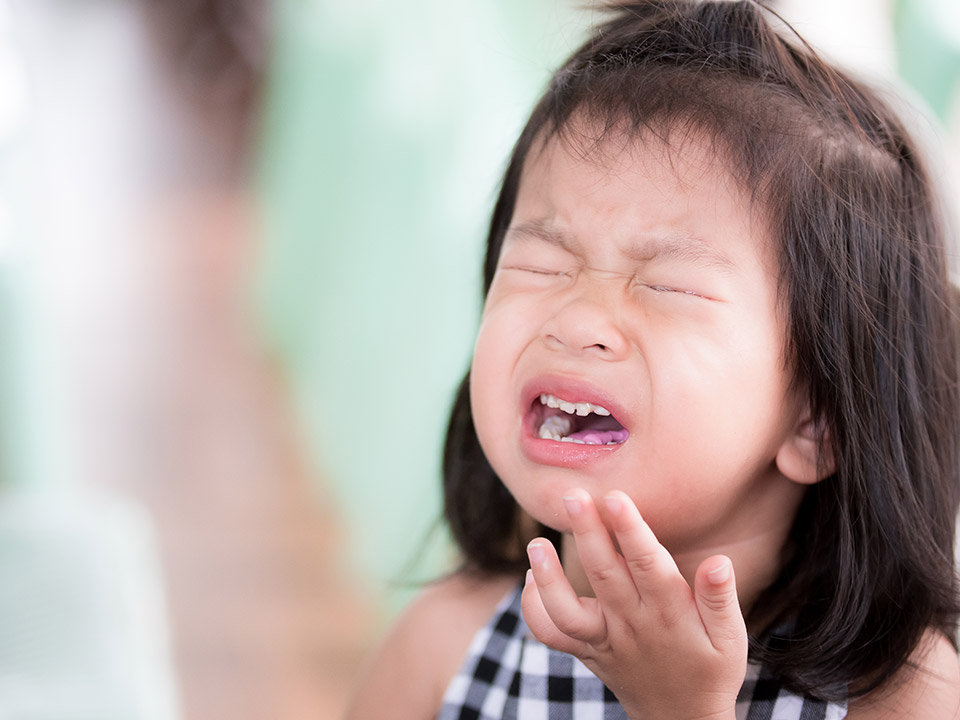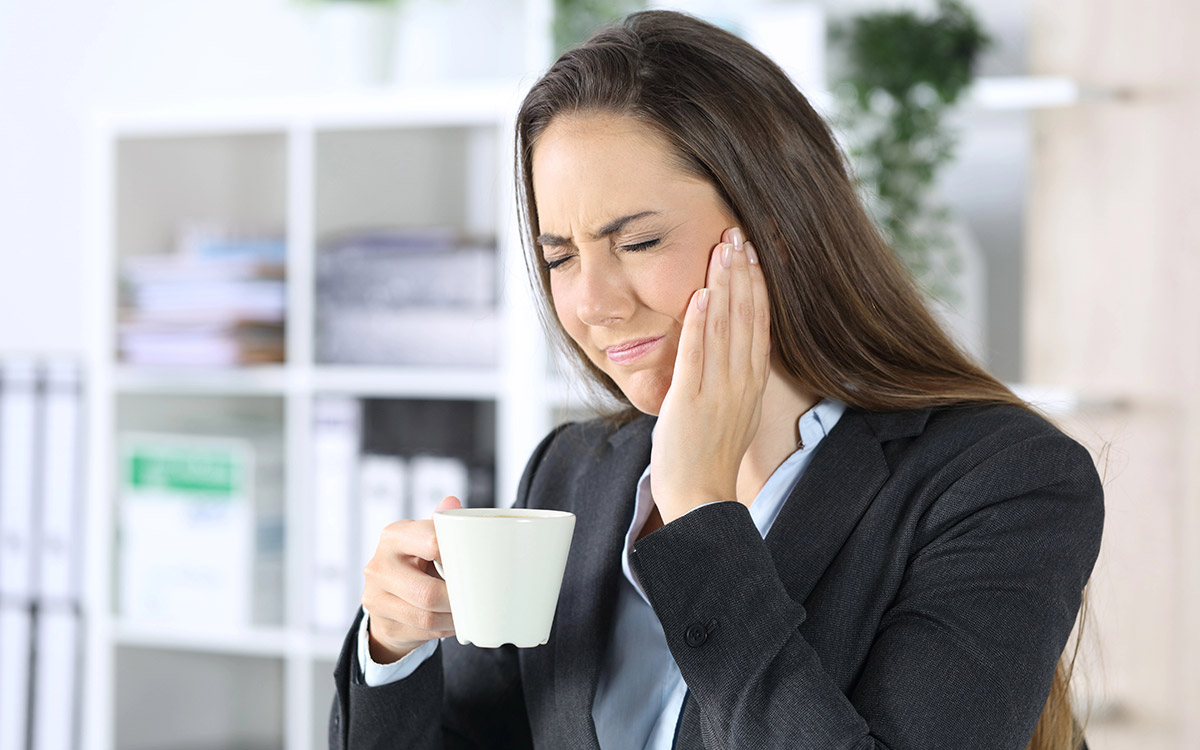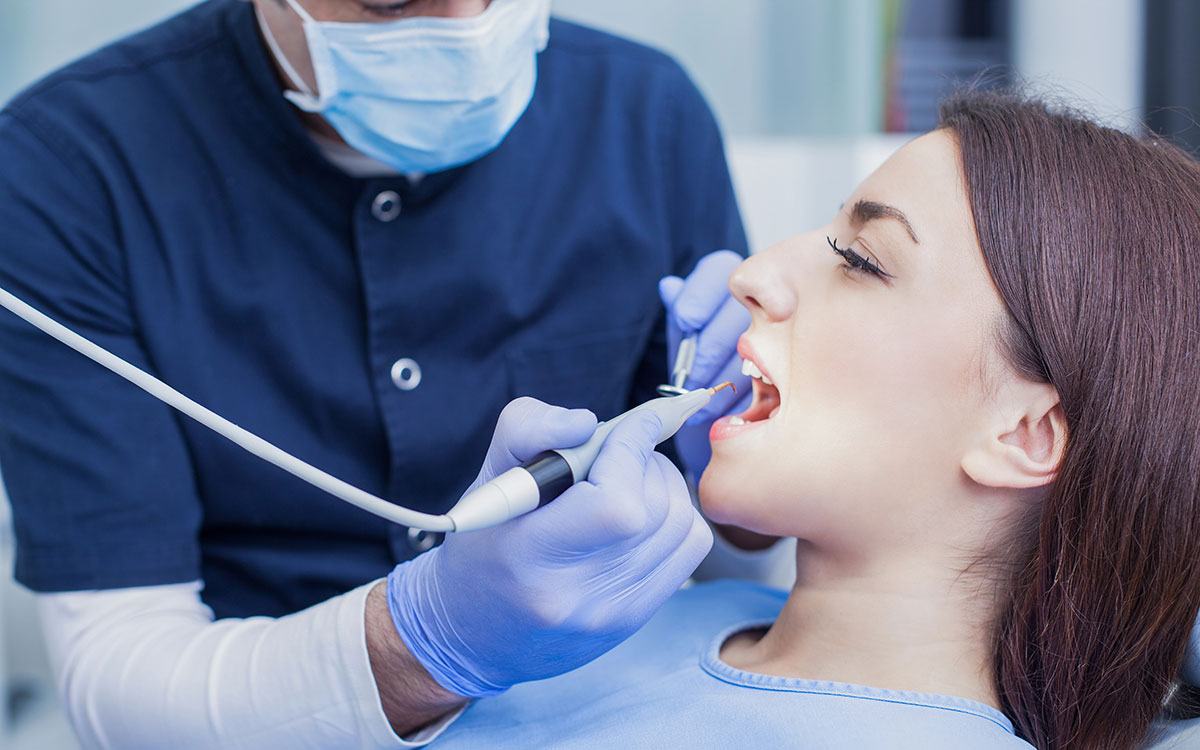Finding a sore or an ulcer in your mouth is concerning. But finding one in your child’s mouth can be devastating. Yet kids of different ages develop these mouth sores, which can be painful and irritating.
You can deal with pain, but your child has a lower pain tolerance. Therefore, they will not be able to eat, drink, or play comfortably. Additionally, it can cause embarrassment, so they may opt to stay out of school.
A mouth sore in your child will affect their daily life. So what causes these ulcers in children? The information below seeks to answer this question. It will also cover symptoms and treatment options. But first, do you know what a mouth sore looks like?
What Is A Mouth Sore, And What Does It Look Like?
A mouth sore is a lesion that appears on the mouth’s soft tissues such as lips, cheeks, gums, floor, roof of the mouth, and tongue. Sometimes, mouth sores develop on the esophagus. The small lesions look like pimples with discoloration or redness. They can show up with pus or be filled with liquid.
Cause And Risk Factors Of Mouth Sores In Children
Mouth sores in children can occur due to multiple conditions. The most common condition that can cause a sore in your child’s mouth include:
- Canker sores. These are small and painful oval-shaped ulcers on the inside of the mouth that are red, white, or yellow in color. They are often harmless, but recurrent ones are a sign of a more severe condition.
- Cold sores. A cold sore often comes with flu symptoms, including swollen lymph nodes, body aches, low fever, and mucus production. A cold sore brings red, painful, fluid-filled blisters near the mouth and lips. The affected area will have some discoloration, and your child will complain of pain, tingles, and burning.
- Gingivostomatitis. This is a common infection that affects the mouth and gums of children. Your child will develop tender sores similar to canker sores. They are greyish or yellow on the edges, then red at the center. The sore also comes with mild flu symptoms, and your child may experience drooling and pain when eating.
- Hand-foot-mouth disease. This is a common disease among children under the age of 5. It creates painful, red blisters on the tongue and gums. You will also notice red spots on the palms of the hands and soles of the feet. You may also see these spots on the genitals and buttocks.
- Anemia. This is another common disease that affects children and occurs when there is a low red blood cell count in the body. The symptoms include pale and cold skin, dizziness, pale gums, mouth sores, and fatigue.
- Oral thrush. This is a common mouth infection in babies and children. It is characterized by white or yellow patches in the mouth with a velvety texture. This condition can also cause mouth sores and is a result of the candida fungi growing out of control.
Other causes not tied to diseases are:
- Injury. Your child can sustain an injury that can trigger sores. Examples include biting, impact from a toothbrush or hard surface, the effect of food allergies, and irritants.
- Burns. Hot foods can also burn your child’s mouth, and as the tissues heal, they can form a mouth sore.
Symptoms Of Mouth Sores In Children
Besides the apparent sore, your child can also show symptoms such as:
- Fever
- Pain
- Irritation
- Sensitivity to cold and hot foods
- Swelling around the mouth
- Drooling
- Headaches
- Grouchiness
- Lack of appetite
If you cannot tell by these symptoms, observe your child’s eating and brushing habits. They will be less welcoming to food and even their favorite snacks. Moreover, they will resist brushing or only touching one side of the mouth.
Treatment Options For Mouth Sores In Children
So how do doctors treat mouth sores in children? It depends on the cause of the sore.
Doctors treat cold sores with antiviral drugs. Your child may also receive analgesic and anti-inflammatory medications to reduce swelling and redness while managing symptoms of the flu.
If your child has canker sores, you should not panic as they usually clear in a couple of weeks. However, if your child is in pain, you can take them to the doctor. Doctors treat canker sores with anti-inflammatory medications.
Your doctor will treat Gingivostomatitis with a liquid antacid to treat mouth pain. Your child may also get Acetaminophen to reduce pain and control the fever. Your doctor may also prescribe an antiviral drug to reduce the sores in some cases.
Hand-foot-mouth disease treatment involves pain medication and anti-inflammatory drugs. The condition often clears itself within ten days, but you should take your child to the doctor to prevent discomfort.
If the cause is anemia, your doctor will include dietary supplements and a change in diet. Your child may also receive antibiotics, folic acid supplements, plus pain relievers.
Doctors treat oral thrush in children with liquid antifungal medicine. If your child is older, they may receive antifungal pills. However, most of the time, oral thrush clears itself on its own, not needing treatment.
What About Dental Health?
It is easy to think that a mouth sore in your child is due to their oral hygiene habits, mainly because they are new to their routine. But rarely does it have anything to do with their oral health.
The oral habits of your child rarely onset mouth sores. However, it would help encourage your kid to brush their teeth and floss. Keeping bacteria at bay will help prevent further infection if it is a bacterial infection.
You can get your child a soft-bristle toothbrush to make brushing more comfortable for them when they have mouth sores. Additionally, ensure that your child does not share utensils with anyone else to prevent the spread of the infection.
Most of the time, cold sores are not dangerous or severe. You can treat most with over-the-counter pain medications and a saline rinse. Therefore, if your child is not in too much pain, you can safely handle it at home.







